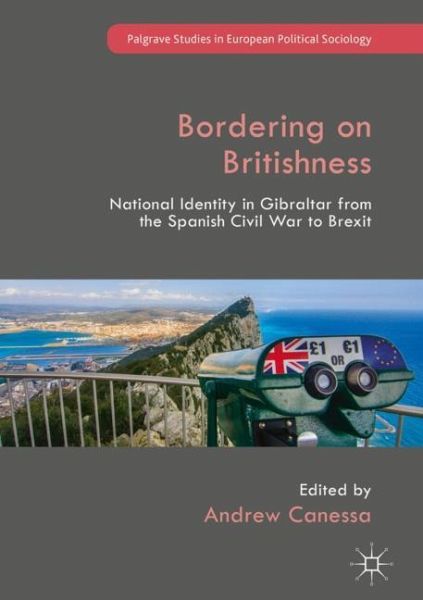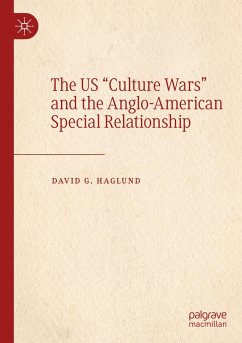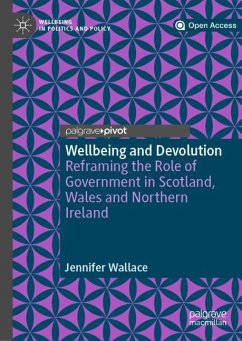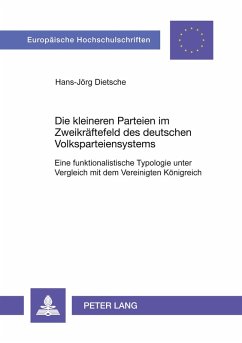
Bordering on Britishness
National Identity in Gibraltar from the Spanish Civil War to Brexit
Herausgegeben: Canessa, Andrew

PAYBACK Punkte
49 °P sammeln!
This volume explores how Gibraltarian Britishness was constructed over the course of the twentieth century. Today most Gibraltarians are fiercely proud of their Britishness, sometimes even describing themselves as 'more British than the British' and Gibraltar's Chief Minister in 2018 announced in a radio interview that "We see the world through British eyes." Yet well beyond the mid-twentieth century the inhabitants of the Rock were overwhelmingly Spanish speaking, had a high rate of intermarriage with Spaniards, and had strong class links and shared interests with their neighbours across the ...
This volume explores how Gibraltarian Britishness was constructed over the course of the twentieth century. Today most Gibraltarians are fiercely proud of their Britishness, sometimes even describing themselves as 'more British than the British' and Gibraltar's Chief Minister in 2018 announced in a radio interview that "We see the world through British eyes." Yet well beyond the mid-twentieth century the inhabitants of the Rock were overwhelmingly Spanish speaking, had a high rate of intermarriage with Spaniards, and had strong class links and shared interests with their neighbours across the border. At the same time, Gibraltarians had a very clear secondary status with respect to UK British people. By the beginning of the twenty-first century, however, Gibraltarians speak more English than Spanish (with increasing English monolingualism), have full British citizenship and are no longer discriminated against based on their ethnicity; they see themselves as profoundly different culturally to Spanish people across the border. Bordering on Britishness explores and interrogates these changes and examines in depth the evolving relationship Gibraltarians have with Britishness. It also reflects on the profound changes Gibraltar is likely to experience because of Brexit when its border with Spain becomes an external EU border and the relative political strengths of Spain and the UK shift accordingly. If Gibraltarian Britishness has evolved in the past it is certain to evolve in the future and this volume raises the question of how this might change if the UK's political and economic strength - especially with respect to Gibraltar - begins to wane.












